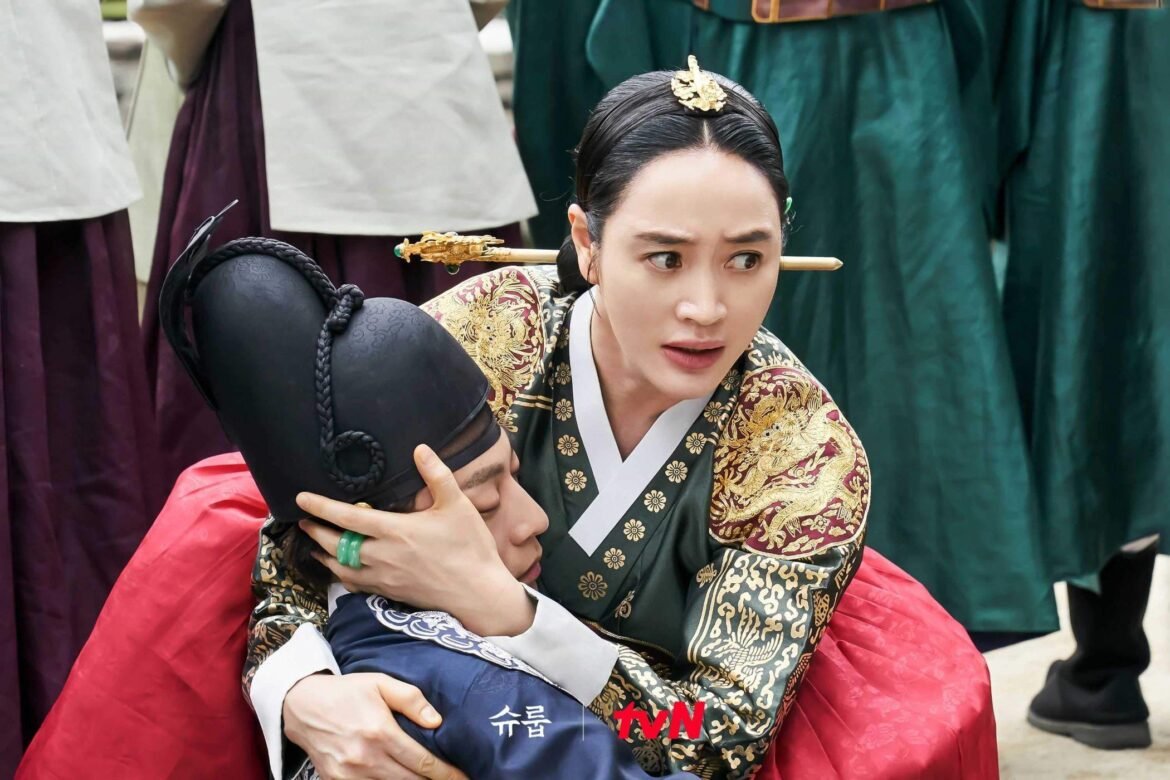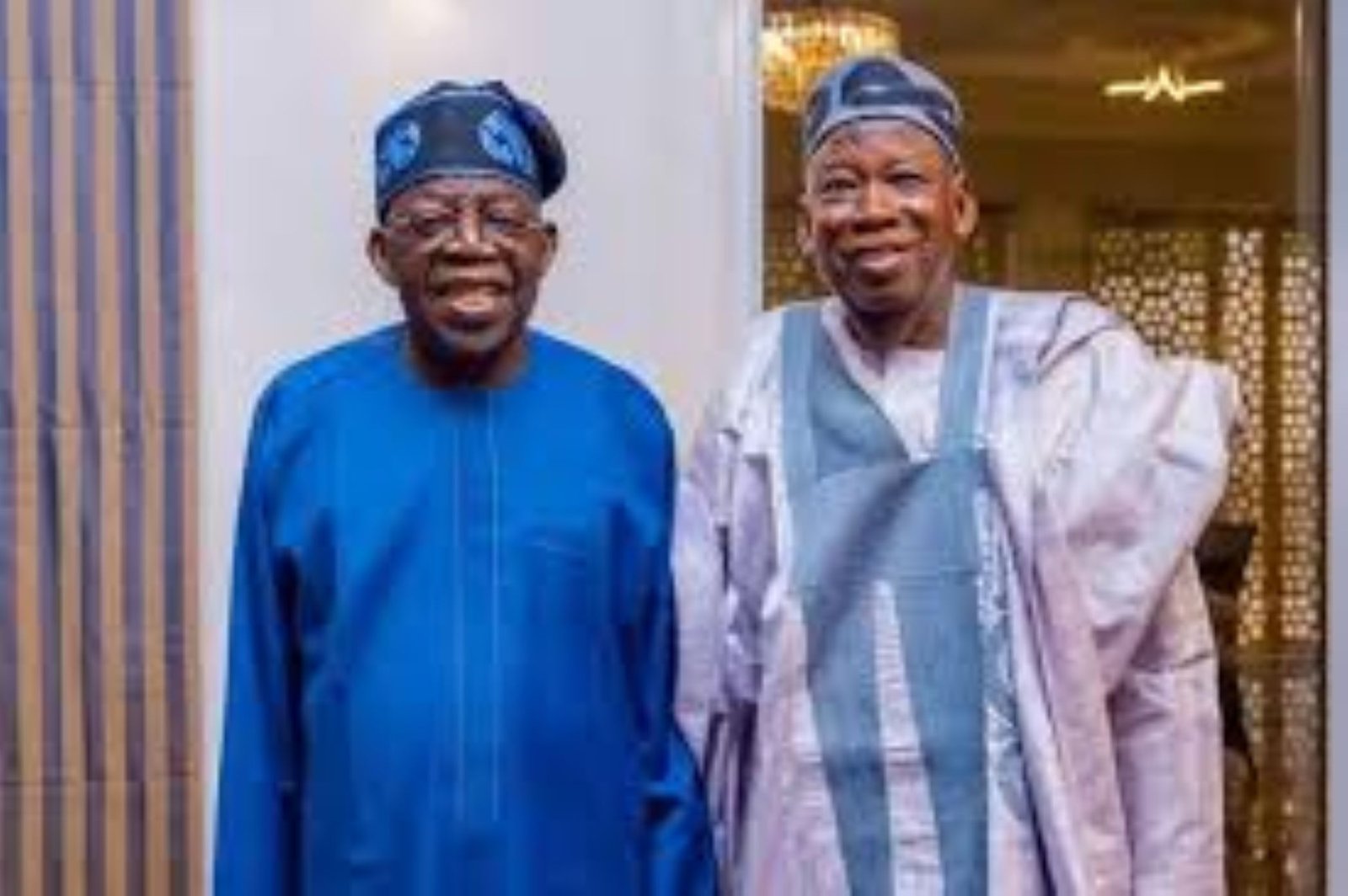I love K-Dramas.
Oh yes, I do.
I especially love Saeguk (historical dramas).
Those movies come with a lot in terms of culture, distinct values, age-long traditions and conventions.
This is aside from the overdose of drama and needless violence I encounter in some of them.
I watch them and go away with a bit of insight as to why those nations thrive in our present day.
The spirit of perseverance and commitment to excellence they always extoll in those dramas can be admirable, sometimes frightening.
Recently, none has touched me like the 16-episode piece on Netflix: “Under the Queen’s Umbrella”, directed by Kim Hyeong-Sik.
There are many things to love about this particular series.
In fact, what’s there not to love?
But I will focus on the Queen (Kim Hye-soo) for whom the drama was named.
Queen Hwaryeong, who entered the Palace at a very young age to marry the then Crown Prince who later became King Lee Ho of Joseon (a former dynasty in Korea that lasted 505 years between July 1392 and October 1897 when the Korean Empire replaced it), is uncommon.
And I have seen all sorts of queens in K-Dramas.
The first scene of the first episode opens with her running. She runs through the expansive grounds of the palace in search of her ‘delinquent’ third son (Grand Prince Muan), who rather than be on his way to lectures but is sleeping in the arms of his equally young lover.
Incidentally, the last scene also sees her speeding off, yet again towards another son, her last, who is intent on jumping off a high roof in the name of flying a kite he has just built. Phew!
Between the first and last scenes is the story of a woman so intent on protecting her children and everyone else placed in her care, either through blood relationship or by mere virtue of a position, that it becomes her.
The Umbrella symbolises her unique brand of protection for her children: fierce and total.
In her, the Igbo name, Nneka (Mother is Supreme) and its Yoruba counterpart, Iyaniwura (Mother is Gold), finally attain their rightful place.
Each time her enemies, mainly the Queen Dowager, the Chief State Councillor, and his daughter, Consort Hwang, who is also the mother of Prince Uiseong, the oldest and most vicious of the other princes, conclude that they have finally got her, Queen Hwaryeong will once again astonish them with her survival
Throughout her struggles in the palace, she leaves no one in doubt that she is a mother before a queen.
And for her, the struggle is real.
She is the queen, alright, but the king has eight concubines and a Queen Dowager (her mother-in-law) whose lust for power is blind to all else.
While she has five sons, the first being the Crown Prince and the other four known as Grand Princes, there are seven other princes from seven of the eight concubines.
Then, she loses her first son (the crown Prince), who is poisoned, and the race begins for who becomes the next Crown Prince.
The Queen and the Queen Dowager are formidable and constantly portray strength, focus and grit.
But that is where the similarity ends.
Their motives and how far they are willing to go in order to achieve their goals set them widely apart.
I have always known and said this: ambition is a good thing.
It’s great to aspire to incredible feats. However, the methods to reach the goal will always decide each person’s fate.
How many toes you are willing to crush and how many lives you won’t mind destroying will ultimately separate the wheat from the chaff because they speak directly to the nature and quality of your being, not that facade you would instead let others see.
Yes, she has her husband’s love.
The type that is ever shadowed by customs and conventions of the Palace and its people but love all the same.
She also knows she can’t ever fully rely on him to ensure the best for her children.
Her visit to the deposed Queen Yoon, who had in the past lost her own first son, a former Crown Prince, keeps her on constant alert.
It becomes clear to her that losing her first son, the Crown Prince, may mean losing the other four.
It is an unthinkable possibility, yet shown to be possible in recent history.
And so, she must assume a thousand and one different persona: a counsellor, teacher, doctor, disciplinarian, therapist, friend, nanny, and athlete, among many others, as she walks the tightrope amid the landmines in the palace.
You have to watch the series to marvel at how deftly she handles the case of Grand Prince Gyeseong (her fourth son)’s sexual proclivities. A ‘transgression’ that can earn him the death penalty.
Or is it when Grand Prince Muan eventually had a baby with his lover, another ‘grave sin’, and the baby is discovered in the Palace?
Each time her enemies, mainly the Queen Dowager, the Chief State Councillor, and his daughter, Consort Hwang, who is also the mother of Prince Uiseong, the oldest and most vicious of the other princes, conclude that they have finally got her, Queen Hwaryeong will once again astonish them with her survival.
Her ultimate triumph is that in securing that seat for Grand Prince Seongnam; she has also sealed the safety and survival of the three other Grand princes and her grandson
Her diligence and adroitness always pay off in countless ways.
For instance, she is able to uncover that her grandson’s nursemaid is poisoning him.
This is after the Crown Prince’s death.
Her dedication to the ideals of motherhood is unrivalled.
While returning from an intense interrogation session during an official enquiry into her son’s death, and on nearing her private quarters where she protectively harbours her late son’s young family, even amid great agitation, she pauses for a moment, takes a deep breath, before allowing the doors to be opened for her.
Then, she walks into the room where her late son’s family are seated, approaching them with a bright, no-care-in-the-world smile, even as her heart bleeds.
And oh, how her grandson’s face lights up on seeing that reassuring megawatt smile on his grandmother’s face.
She is a woman who recognises that one of the greatest gifts you can give children in their formative years is a solid sense of security. And a smile will almost always convey that.
Her reward comes when her second son, Grand Prince Seongnam, takes over his late brother’s position as the Crown Prince.
But for her, it isn’t about the throne and its perks.
Her ultimate triumph is that in securing that seat for Grand Prince Seongnam; she has also sealed the safety and survival of the three other Grand princes and her grandson.
This is because, for Queen Hwaryeong, motherhood trumps everything, every time.








